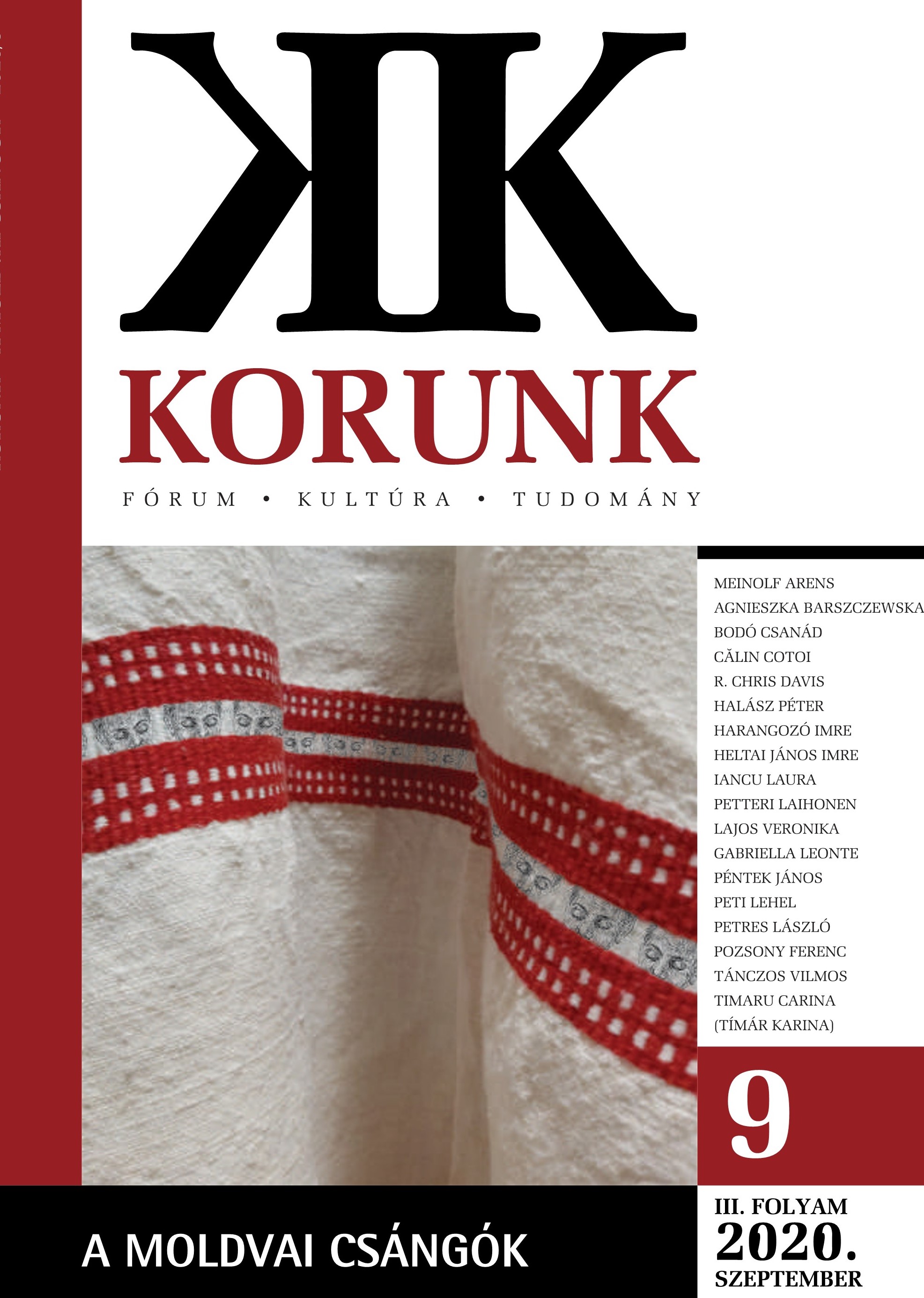Családtervezés a hagyományos moldvai magyar közösségekben
Family Planning in the Traditional Communities of the Moldavian Hungarians
Author(s): Péter HalászSubject(s): Cultural Anthropology / Ethnology
Published by: Korunk Baráti Társaság
Keywords: birth control; family model; family planning; magical practice; rational practice
Summary/Abstract: The article is based on a field research carried out during five decades, and summarizes also the conclusions of the bibliography connected to the topic. Among the Moldavian Hungarians the birth of children was traditionally considered a blessing, women with no children were not considered fully accomplished women, therefore the spouses used rational practices but also magical practices to ensure conception and childbirth. A big family meant spiritual welfare, a stable social position, but also labour force for the family as an economic unit. With the women growing older however, birth control became more and more important for the families, the traditional methods for this being the reduction of the number of sexual intercourses, and interrupted intercourses. Since 1990, in the Moldavian Hungarian communities the social value of big families is decreasing, and other techniques of contraception and also abortions are implemented.
Journal: Korunk
- Issue Year: 2020
- Issue No: 09
- Page Range: 60-75
- Page Count: 16
- Language: Hungarian

